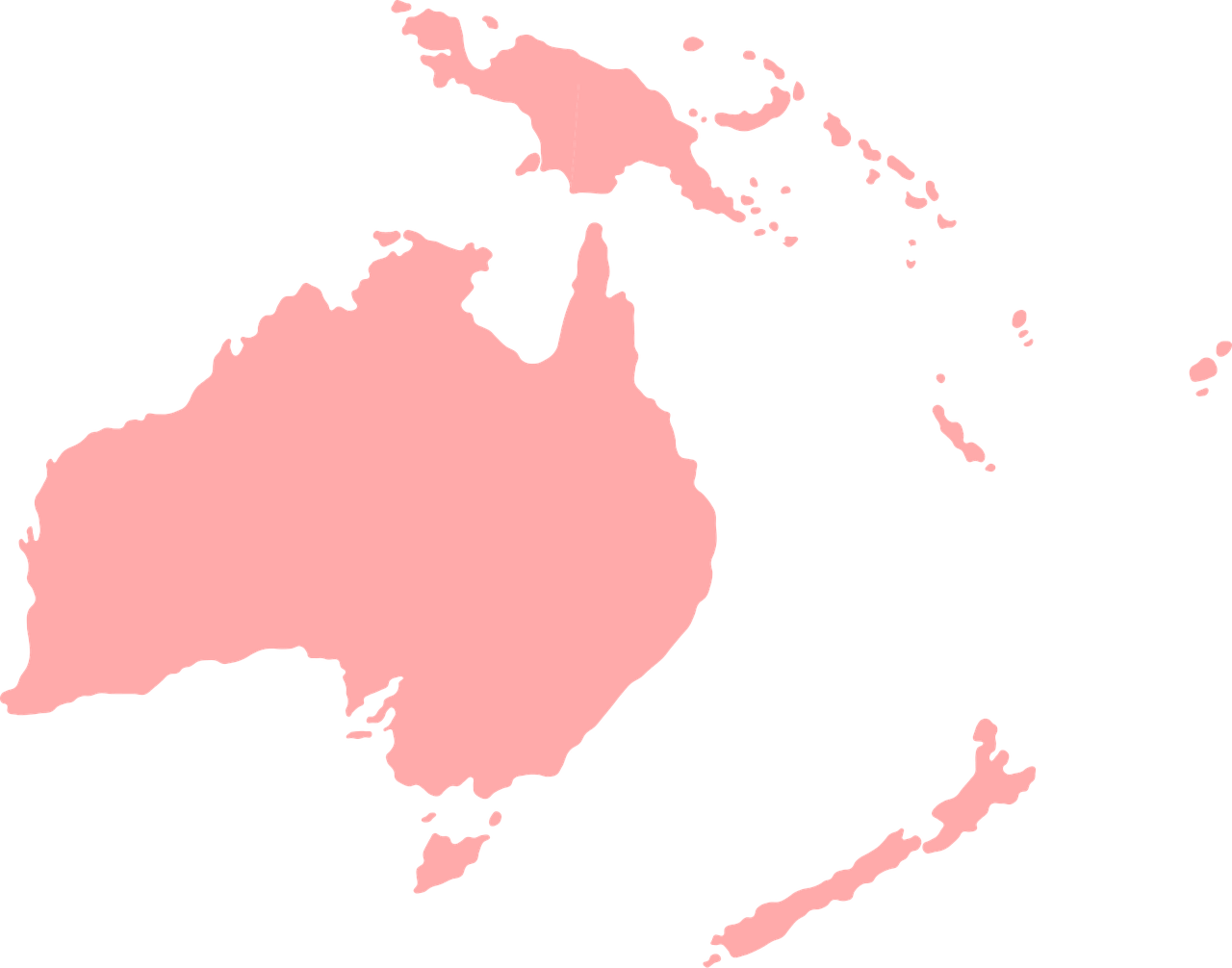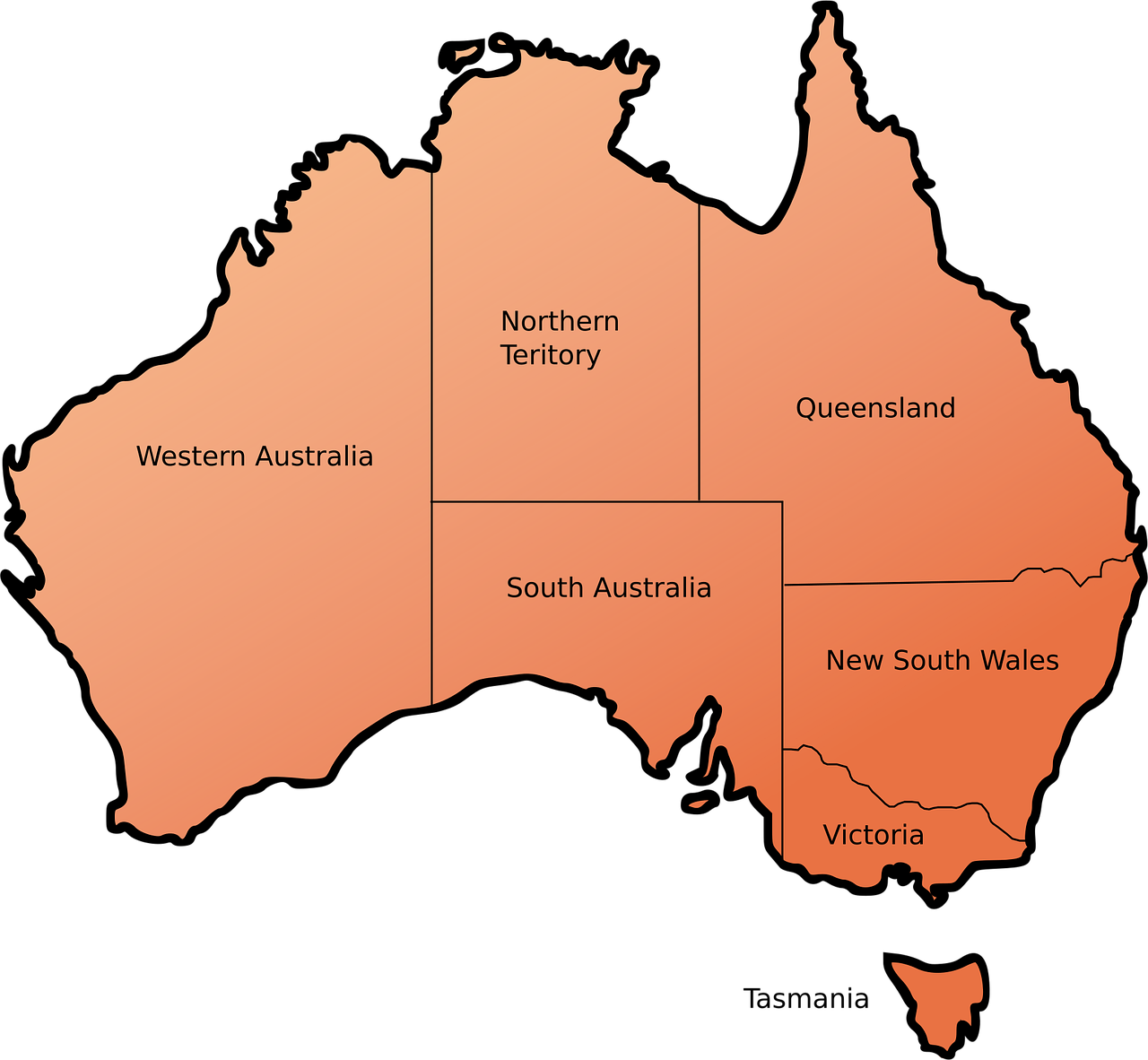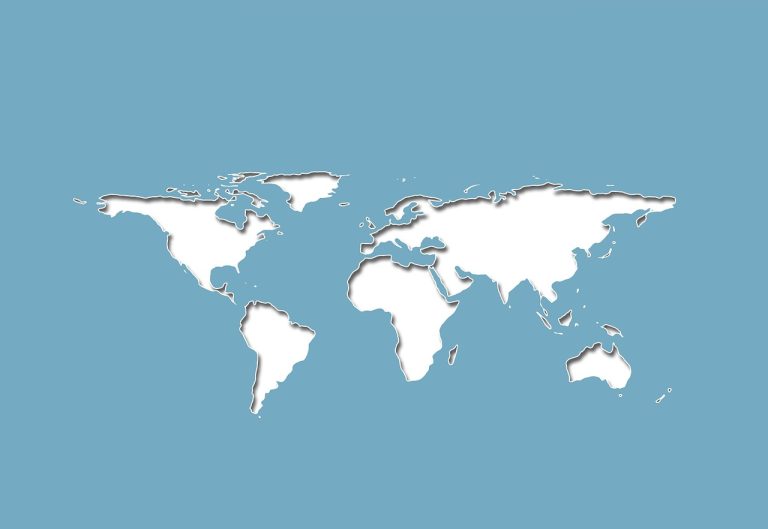
The Role of Women in Philippine Politics: Progress, Challenges, and Future Outlook
The political landscape of the Philippines has been a vibrant tapestry woven with history, culture, and the dynamic participation of its people. At the heart of this narrative lies the evolving role of women in shaping the nation’s political direction. Over the decades, Filipino women have broken barriers and made significant strides in politics, yet they continue to face challenges that hinder their full participation. This blog post delves into the progress women have made in Philippine politics, the challenges they encounter, and the future outlook for their political involvement.
Historical Context: A Legacy of Female Leadership
The history of the Philippines is replete with examples of powerful female figures who have left indelible marks on the nation’s political landscape. From Gabriela Silang, who led a revolt against Spanish colonial forces in the 18th century, to Corazon Aquino, the first female president of the country and a key figure in the People Power Revolution of 1986, women have been at the forefront of political change.
Corazon Aquino’s presidency was a watershed moment, inspiring a generation of women to engage in politics. Her leadership demonstrated that women could hold the highest office in the land and effectively lead a nation. Aquino’s tenure emboldened women to seek political office at various levels, gradually increasing female representation in government.
Progress in Women’s Political Participation

In recent years, the Philippines has seen a notable increase in women’s participation in politics. As of the 2022 elections, women held approximately 28% of the seats in the House of Representatives and 25% in the Senate. This trend is indicative of a broader global movement towards gender equality in political representation.
Several key factors have contributed to this progress. The enactment of laws promoting gender equality, such as the Magna Carta of Women, has provided a legal framework for the protection and advancement of women’s rights. Additionally, the rise of women in grassroots political movements has empowered more women to enter the political arena, challenging traditional gender roles and perceptions.
Notable figures such as Leni Robredo, who served as the Vice President from 2016 to 2022, have also played pivotal roles in paving the way for women in politics. Robredo’s advocacy for social justice, human rights, and women’s empowerment has inspired many and demonstrated the impact women can have in high political offices.
Challenges Facing Women in Philippine Politics
Despite the progress, women in Philippine politics still face significant challenges. Gender stereotypes and cultural norms often restrict women’s political ambitions. Many women encounter bias and discrimination, which can manifest in both overt and subtle ways, making it difficult to secure political positions or be taken seriously as leaders.
Moreover, women politicians often struggle with inadequate funding and support, which are crucial for successful political campaigns. Political dynasties, which dominate the Philippine political scene, tend to favor male successors, further limiting opportunities for women to ascend to power.

Violence against women in politics is another pressing issue. Female politicians have reported instances of harassment, threats, and violence, which serve as deterrents to women considering a career in politics. Organizations like the UN Women have highlighted these challenges and continue to advocate for the protection of women in political spaces.
Strategies for Enhancing Female Political Participation
To overcome these challenges and enhance women’s political participation, several strategies can be implemented. Encouraging more women to run for office through mentorship programs and leadership training can build a pipeline of female political leaders. Political parties can also play a role by adopting gender quotas to ensure a more balanced representation of men and women in candidate lists.
Increasing public awareness about the importance of gender equality in politics is crucial. Educational campaigns that challenge traditional gender norms and promote the value of diverse political representation can shift societal attitudes. Furthermore, stronger legal protections and enforcement mechanisms are needed to combat violence and discrimination against women in politics.
The Future Outlook for Women in Philippine Politics
Looking ahead, the future of women in Philippine politics appears promising, though it is not without its challenges. The ongoing global movement towards gender equality and the increasing recognition of women’s rights provide a favorable environment for change. As more women enter the political arena and assume leadership roles, they can serve as role models for future generations, gradually transforming the political landscape.

Continued advocacy and policy reforms will be essential in sustaining this progress. Collaborative efforts between government, civil society, and international organizations can help create an inclusive political environment where women can thrive. The participation of women in politics is not just a matter of equity, but a means to achieve comprehensive development and democracy.
Conclusion: A Call to Action
The role of women in Philippine politics is a testament to their resilience, strength, and determination. While significant progress has been made, there is still much work to be done to achieve full gender equality in political representation. By addressing the challenges and fostering an environment that supports women’s political participation, the Philippines can unlock the potential of half of its population, leading to a more inclusive and dynamic political landscape.
It is crucial for stakeholders at all levels to continue advocating for and supporting women in politics. By doing so, the Philippines can pave the way for a future where women not only participate in politics but lead as equal partners in governance and decision-making. For more insights into the global efforts for gender equality in politics, organizations such as the United Nations offer valuable resources and information.

As we reflect on the journey of women in Philippine politics, it’s essential to recognize the transformative impact of grassroots movements and local advocacy groups. These organizations play a crucial role in empowering women at the community level, providing them with the necessary tools and resources to engage in political processes. Through workshops, seminars, and community events, they raise awareness about women’s rights and encourage political participation.
Moreover, the role of education cannot be overstated in shaping the future of women in politics. Educational institutions have the power to nurture leadership skills and cultivate a sense of civic duty among young women. Incorporating gender studies and political science into school curriculums can inspire young girls to envision themselves as future leaders. Universities and colleges should also strive to create inclusive environments where both men and women can explore and discuss political issues openly.
Another promising avenue for enhancing women’s political participation is through technology and digital platforms. Social media and online forums provide women with new ways to connect, share ideas, and mobilize support. These platforms can amplify women’s voices and allow them to engage with a wider audience, breaking down traditional geographical and cultural barriers. As digital literacy improves across the country, these tools can become powerful catalysts for change.
The role of the private sector in supporting women’s political participation should not be overlooked. Companies can adopt policies that promote gender equality and leadership diversity, setting a precedent for other sectors to follow. By supporting initiatives that empower women and providing sponsorships for female political candidates, the private sector can contribute significantly to creating a more equitable political landscape.

International collaborations also hold promise for advancing the role of women in Philippine politics. By partnering with global organizations and foreign governments, the Philippines can learn from successful models of gender equality and political participation from around the world. Programs that facilitate exchange visits, study tours, and international conferences can expose Filipino women to diverse political systems and practices, enriching their understanding and approach to governance.
In conclusion, the journey towards gender equality in Philippine politics is an ongoing process that requires the collective efforts of individuals, organizations, and the government. By addressing the existing challenges and leveraging opportunities for growth, the Philippines can continue to make strides towards a more inclusive and representative political system. The future of Philippine politics is bright, with women poised to play an increasingly significant role in shaping the nation’s destiny. As we move forward, the commitment to gender equality and women’s empowerment must remain steadfast, ensuring that all voices are heard and valued in the political discourse.
For further reading on the role of women in politics globally, the Inter-Parliamentary Union provides comprehensive resources and reports that track progress and highlight best practices worldwide. By staying informed and engaged, we can all contribute to the advancement of women in politics, both in the Philippines and beyond.



